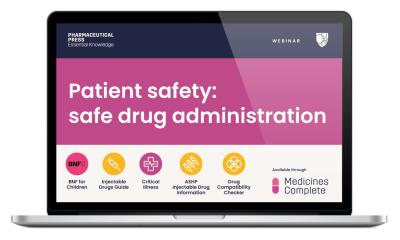Britain earmarks £50 million for NHS genetics
'Genetics offers prediction of risk, more precise diagnosis, more targeted and effective use of existing drugs, new gene-based drugs and therapies, and prevention and treatment regimes tailored to an individual's genetic profile.'

A ‘Genetics Strategy for the NHS - ‘Our Inheritance, Our Future - Realising the Potential of Genetics in the NHS’, presented to Parliament in late June by John Reid, Secretary of State for Health, aims to set out a vision of how patients could benefit from future advances in genetics, and raise awareness of the potential of genetics in healthcare.
The ‘White Paper’ sets out a comprehensive plan to prepare the NHS, and includes an investment of £50 million over the next three years towards this initiative, by
• Substantially upgrading genetics laboratories, and boosting the genetics workforce: more genetics counsellors, consultants and laboratory scientists
• Spending over £7 million on new initiatives to introduce genetics-based healthcare into the mainstream of the National Health Service
• Setting up a new Genetics Education and Development Centre to spearhead education and training in genetics for all healthcare staff
• Funding a new research programmes in pharmacogenetics, gene therapy and health services research to help turn the science into real patient benefit.
Safeguards and controls against inappropriate or unsafe use of genetics developments are also set out. In addition to existing controls on gene therapy and use of genetic test results by insurers, new legislation is planned, to ban DNA theft: it will become an offence to test someone’s DNA without their consent except for medical or police purposes.
The Government said it recognises the importance of openness and public debate, and will continue to respond to new developments and shifts in public attitudes
01.07.2003





